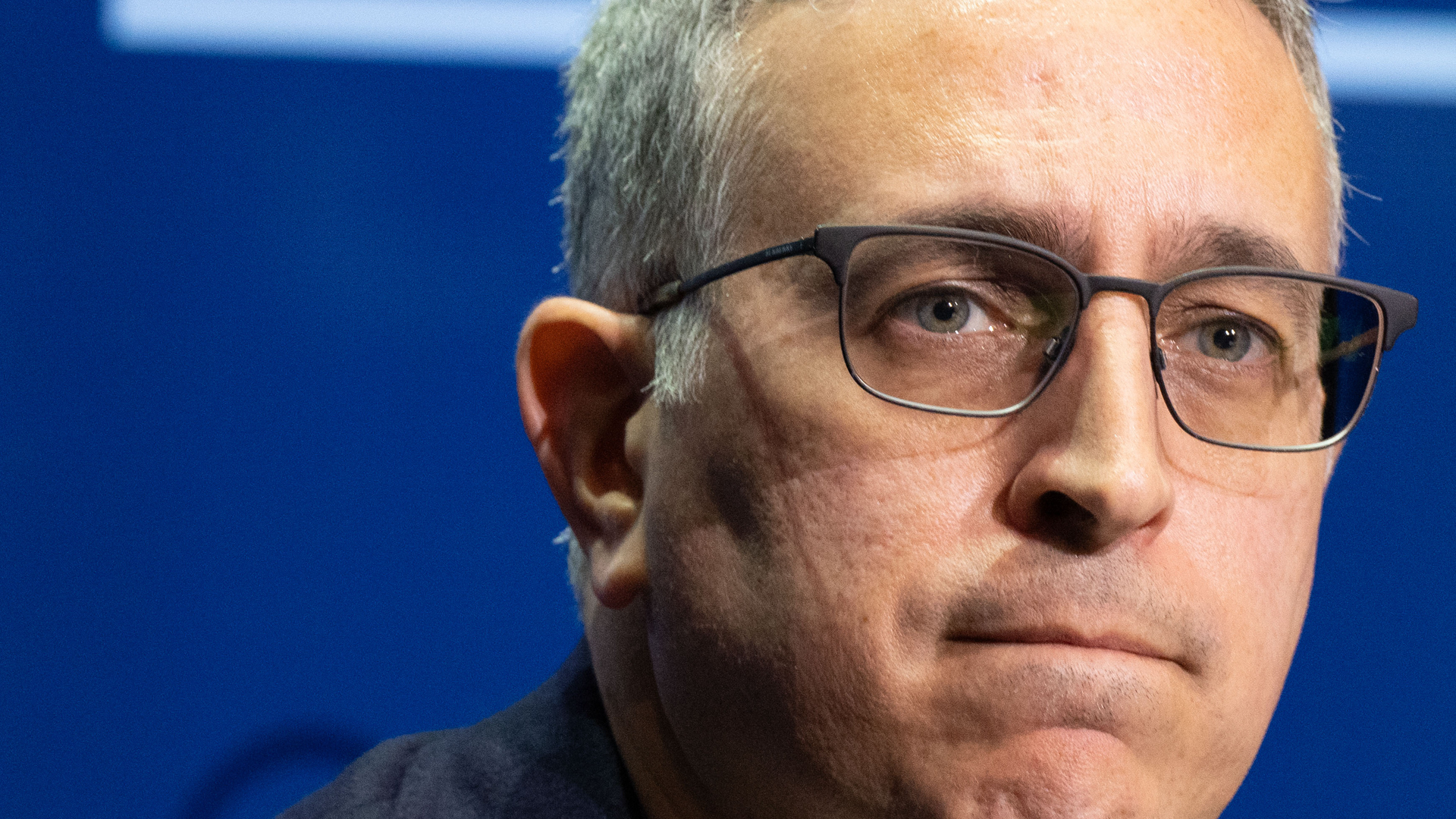So it is odd that German energy companies are willing to appear as engaging in Russian sanctions busting. There are two cases in point, one seemingly comic, the other seemingly tragic. The one concerns an agreement (but not an actual contract) among Gazprom, Austria’s OMV, Germany’s E.ON, and British-Dutch Shell to double to capacity of the Nord Stream pipeline from Russia to Germany. The other concerns the reported contract for Siemens to deliver power-generating equipment to Russia for installation in occupied Crimea.
Contents [hide]
The Nord Stream announcement: Really Russian sanctions busting or not?
The first is more of a headline story. This was not a real contract but just another memorandum of understanding, with negotiations to begin later this year. It is unlikely to be implemented, because there is nowhere for the additional gas to go. The Nord Stream pipeline, of which the existing two strings operated at only slightly over 50 capacity last year, offloads its gas into two German pipelines called OPAL and NEL.
OPAL runs north-south inside Germany’s eastern border, connecting other transit pipelines in Central Europe. Its volume is 35 billion cubic meters per year (bcm/y), but the EU’s Third Energy Package (TEP) limits Gazprom to using 50 per cent of its volume. NEL is an internal German pipeline that connects with two other pipelines bringing the gas to the western part of Germany. Its volume is 20 bcm/y, and the TEP limits Gazprom to 35 per cent of this volume.
Still more remarkable, this memorandum of understanding concerns a pipeline expansion project that Gazprom publicly cancelled in January this year because of what it called the ”œcomplicated” political situation.
It would appear that Russia signed these Nord Stream memoranda only to seek to promote divisions in Europe. The pipes that they ordered for South Stream will rust by the time any Nord Stream agreement is reached, because this week the Turkish energy minister Taner Yildiz authoritatively announced what should have been clear to everyone from the start, that Turkish Stream is dead, including even its first string.
The memoranda themselves do not amount to Russian sanctions busting because they are not binding, but the impression given is an unflattering one.
Siemens electricity-generating turbines: Russian sanctions busting with finesse?
A more ominous potential example of Russian sanctions busting is the recently reported agreement by Siemens to deliver gas turbine-powered electricity generating plants for installation in Crimea, which remains up 90 per cent dependent on electricity from Ukraine. Notably, no party has issued any denial.
First reported by the reputable Russian newspaper Vedomosti, this would be much more egregious than Russia’s Nord Stream gambit. EU sanctions specifically prohibit the export of energy technology or infrastructure in Crimea. As reported, the contract stipulates that the turbine plants would be shipped to Krasnodar, a Russia region adjacent to Crimea, then transported to Crimea. The purchase would be made from a joint company of which Siemens owns 65 per cent, located near St. Petersburg.
Certain timing is suspicious. Russian special forces entered Crimea near the end of February 2014. The president of Siemens met with Putin a week later and committed to company to work with Russia after those meetings. It remains unclear whether Siemens knew the equipment’s ultimate destination, but the company’s president stated in April that ”œGerman Siemens” would not participate in ”œconstruction of power plants in the Crimea”.
This statement left a large loophole through which the reported contract in fact slips, since the turbines are (1) manufactured by a joint company on Russian territory rather than by ”œGerman Siemens” and (2) being constructed not ”œin Crimea”, but only delivered to a Russian region just adjacent to Crimea. Legal arguments may be made on either side of the matter; nevertheless, it may be politically difficult for Siemens to execute the contract now.
A bad image if not Russian sanctions busting
At a minimum, these stories are a moral blow for Europe and puts Germany in a very poor light. Even France is reported to be near agreement with Russia on reimbursement of the monies paid for the Mistral ships that will never be delivered.








